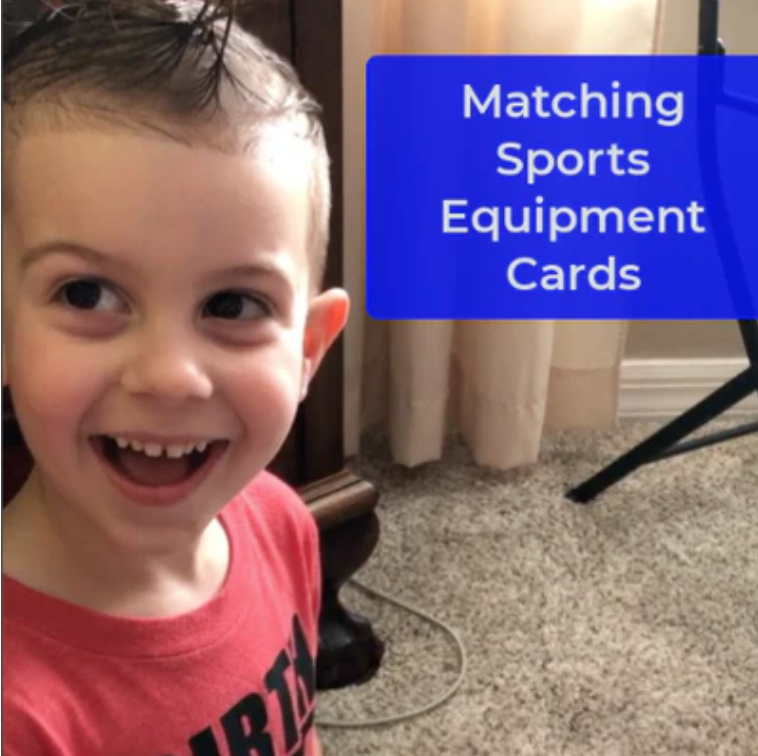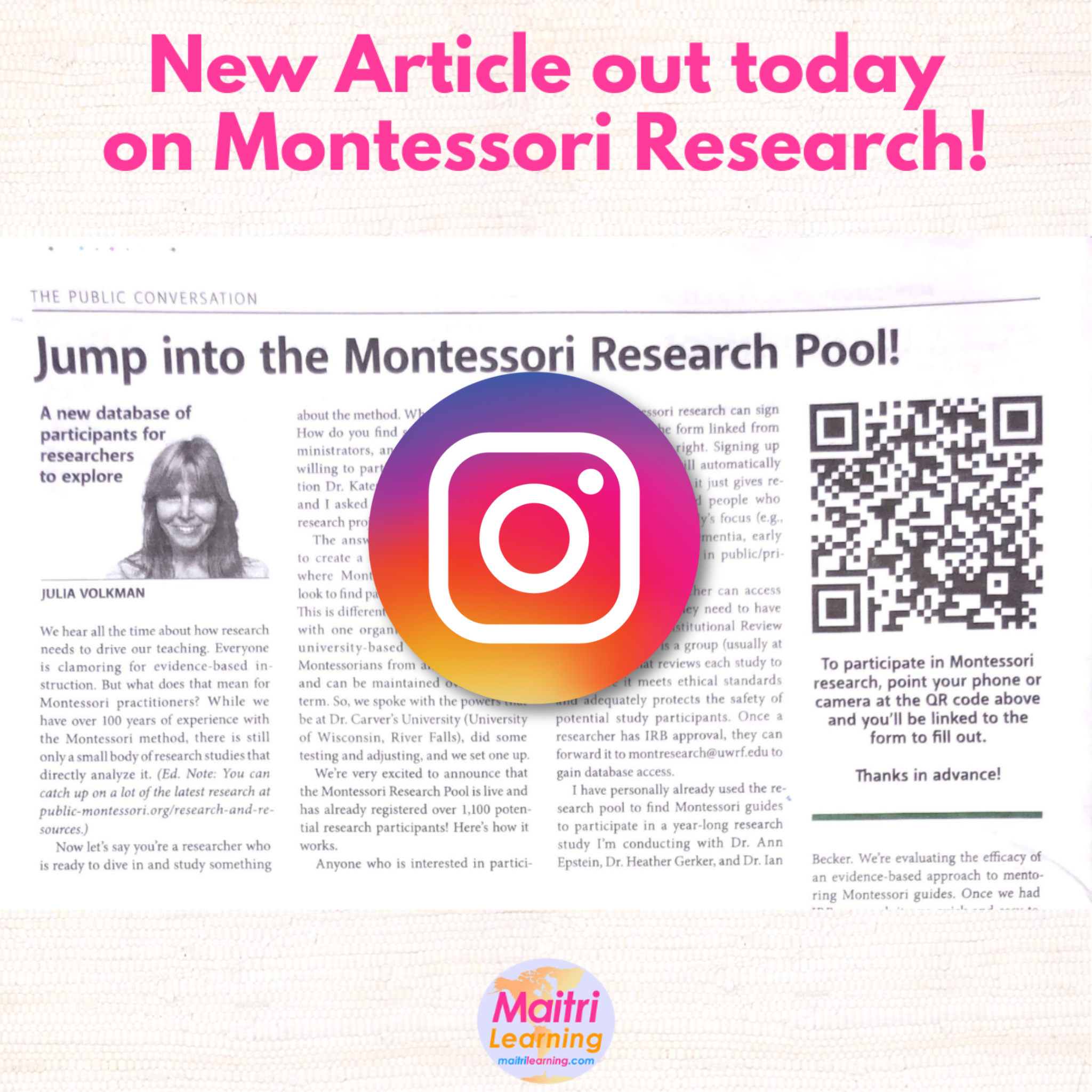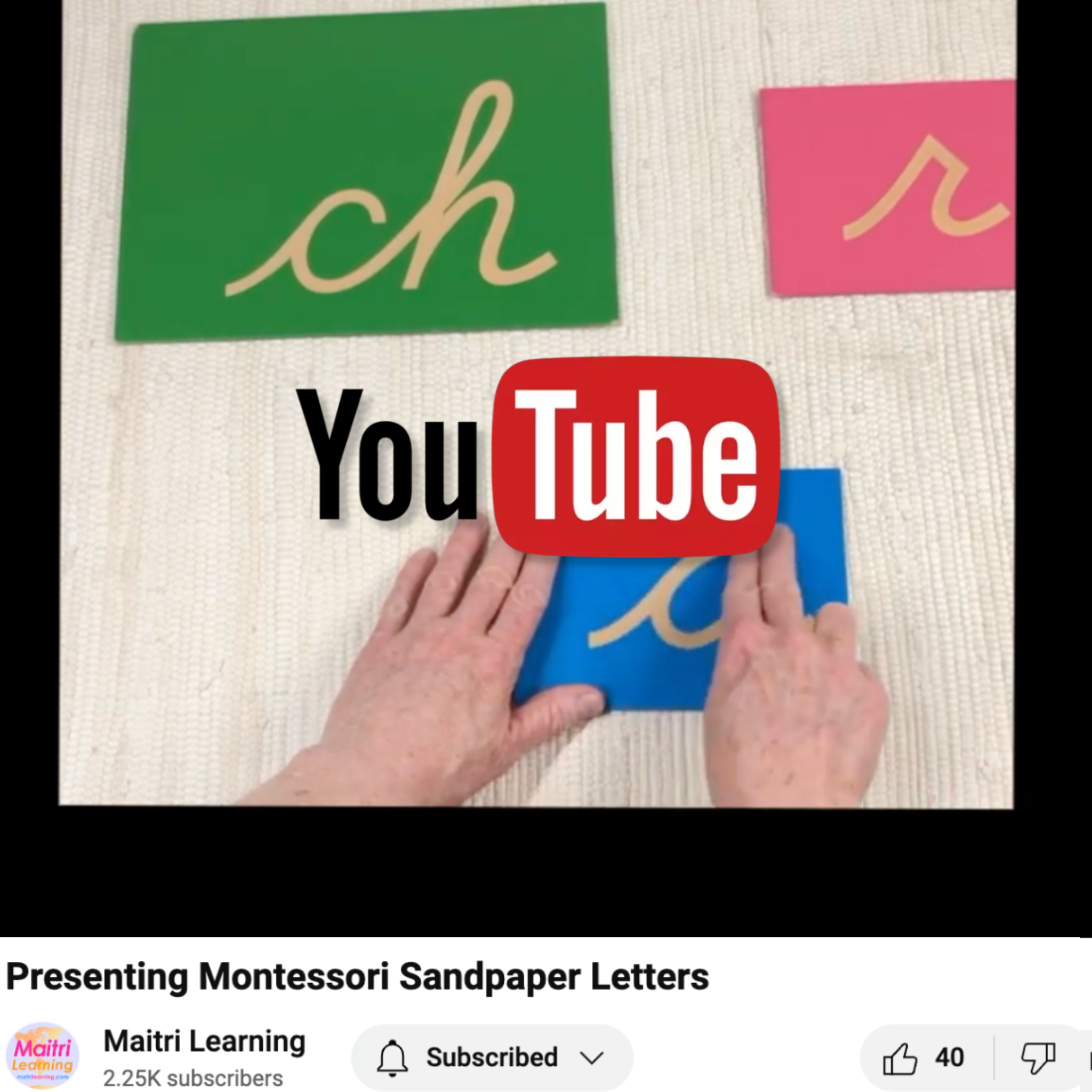The Planes of Neurodevelopment
At the AIMS (Association of Illinois Montessori Schools) conference this past weekend, I was honored to meet with about 500 educators and administrators and teach about where Dr. Montessori's theory on the planes of development meets our current understanding of neurodevelopment.

The weather was a bit tentative for travel before I left, so I pre-recorded my talk in case the snow and ice prevented me from physically making it there. Luckily, my travels went smoothly but since I had this recorded anyway, I figured I might as well share it with you!
The key stages of child development in Dr. Montessori's view are divided as follows:
Plane 1. Prenatal to age 6: Sensorial exploration- The child's driving goal is to answer the question "What is this world?"
- They accomplish this goal through adaptation to the cultural/family environment and hands-on exploration of the world.
- They go through sensitive periods for movement, order, language, communication, and socialization/manners.
- An observable example of this is how young children are getting into everything all the time. They are driven to touch, taste, smell, hear, and see whatever the world offers.
- The child's driving goal is to answer the question "Why?"
- They accomplish this goal by adapting to the social group (herd mentality) and engaging in child-directed, creative academic exploration and research.
- They are particularly sensitive to ideas of morality, justice, and reason.
- An observable example of this is how children at this age spend a great deal of time making the rules for a game but only a few minutes playing it.
- The child's driving goal is to answer the questions "Who am I? What do I believe?"
- They accomplish this goal by engaging in the larger community through internships, finding role models/heroes, and trying on different roles/jobs.
- They are particularly sensitive to social justice, moral dignity, social interests, taking on responsibilities, and the society's moral conscience.
- An observable example of this stage is how adolescents are very focused on social perception/social cognition.
- The young adult's driving goal is to answer the questions: "What is my life's path? How will I contribute to humanity?"
- They accomplish this by assimilating their adult personality, engaging in romantic relationships, preparing for careers, and working towards financial independence.
- They are particularly sensitive to ideas of self-realization.
- An observable example of this stage is trying out different jobs and exploring different romantic partners.
In this talk (see video below), Julia takes a closer look at a few aspects of brain development, particularly in planes 1 and 3 that are well aligned with Dr. Montessori's theory.
In the big picture, neurodevelopmental research generally supports many of Dr. Montessori's ideas. For example, research has found that our senses and motor brain areas develop first (sensorial exploration in plane 1) and that those areas MUST develop before our association areas can develop (exploration of morality in plane 3). (But this is challenged by some new research by Tooley and colleagues in 2022.)
Why is this sequential development required? Because the association areas are integrating everything that has come before. If the basics aren't developed, there's not much to integrate, right? And, most of the sensory motor development happens in early childhood while most of the integration happens in adolescence.
This is pretty well aligned with Dr. Montessori's theory. She stated that in plane one, the child has an absorbent mind that is in the sensitive period for developing the senses. In fact, she describes the child in the first six years of life as a sensorial explorer.
Her ideas about the child having an absorbent mind is also well supported by research. I mean, just think of the sheer volume of effortless plasticity the brain has in the early years of life compared with later in life. In those early years, the brain changes with very little effort by the child; it is driven to grow and seeks out specific input to help that happen (experience-dependent plasticity).

Dr. Montessori also singled out adolescence as another period of development where a lot of growth happens and a time when the child is trying to find out how they fit into society. Again, research supports this idea and also suggests that there is a sensitive period for social cognition in adolescence. Moreover, during adolescence there is significant growth in the area of our brain that helps us recognize errors. This is why children are embarrassed by their parents! They are acutely focused on social cues and when they're parents don't seem to follow what they think the cues are (for adolescents), it freaks them out! But this isn't something we need to change in the adolescent, it is a natural result of neurodevelopment.
This is just a sampling of what you'll hear in the video below. We hope this helps!








1 comment
Thank you Julia. 🙏
I’m looking forward watching this amazing video!
Céline Guerreiro
Leave a comment
This site is protected by hCaptcha and the hCaptcha Privacy Policy and Terms of Service apply.